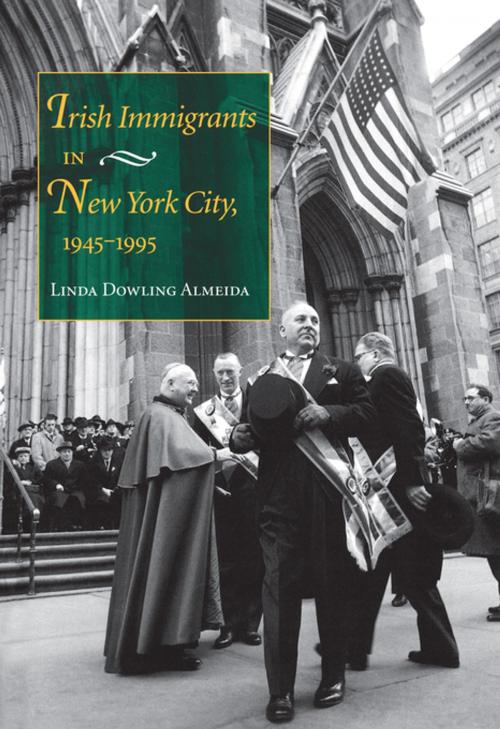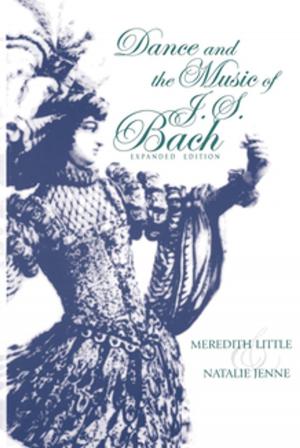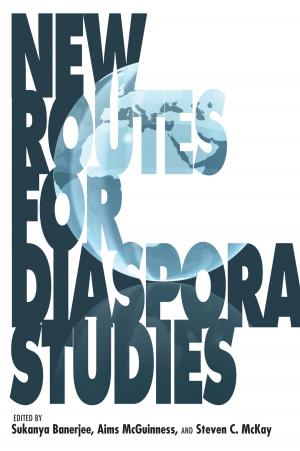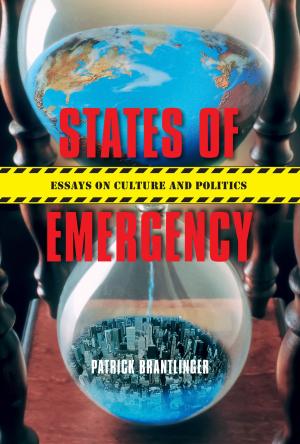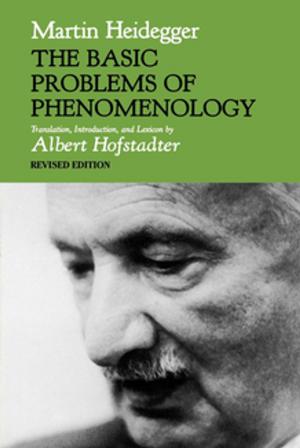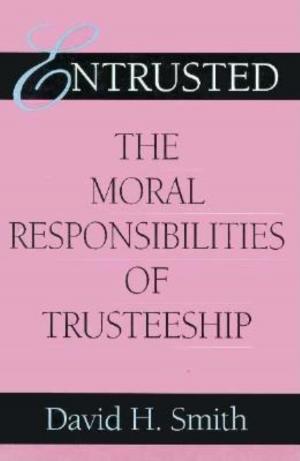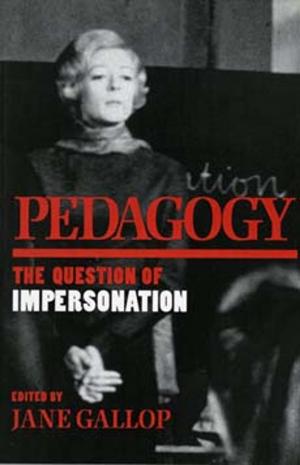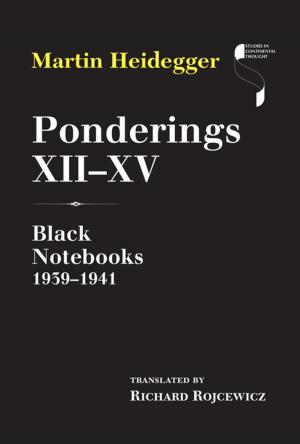Irish Immigrants in New York City, 1945-1995
Nonfiction, Social & Cultural Studies, Social Science, Cultural Studies, Emigration & Immigration, History, Americas, United States, 20th Century| Author: | Linda Dowling Almeida | ISBN: | 9780253108531 |
| Publisher: | Indiana University Press | Publication: | March 22, 2001 |
| Imprint: | Indiana University Press | Language: | English |
| Author: | Linda Dowling Almeida |
| ISBN: | 9780253108531 |
| Publisher: | Indiana University Press |
| Publication: | March 22, 2001 |
| Imprint: | Indiana University Press |
| Language: | English |
Irish Immigrants in New York City,
1945-1995
Linda Dowling Almeida
The story of one of the most visible groups of immigrants in the major city of immigrants in the last half of the 20th century.
Almeida offers a dynamic portrait of Irish New York, one that keeps reinventing itself under new circumstances."
—Hasia Diner, New York University
[Almeida’s] close attention to changes in economics, culture, and politics on both sides of the Atlantic makes [this book] one of the more accomplished applications of the ‘new social history’ to a contemporary American ethnic group." —Roger Daniels, University of Cincinnati
It is estimated that one in three New York City residents is an immigrant. No other American city has a population composed of so many different nationalities. Of these "foreign born," a relatively small percentage come directly from Ireland, but the Irish presence in the city—and America—is ubiquitous. In the 1990 census, Irish ancestry was claimed by over half a million New Yorkers and by 44 million nationwide. The Irish presence in popular American culture has also been highly visible.
Yet for all the attention given to Irish Americans, surprisingly little has been said about post–World War II immigrants. Almeida’s research takes important steps toward understanding modern Irish immigration. Comparing 1950s Irish immigrants with the "New Irish" of the 1980s, Almeida provides insights into the evolution of the Irish American identity and addresses the role of the United States and Ireland in shaping it.
She finds, among other things, that social and economic progress in Ireland has heightened expectations for Irish immigrants. But at the same time they face greater challenges in gaining legal residence, a situation that has led the New Irish to reject many organizations that long supported previous generations of Irish immigrants in favor of new ones better-suited to their needs.
Linda Dowling Almeid
Irish Immigrants in New York City,
1945-1995
Linda Dowling Almeida
The story of one of the most visible groups of immigrants in the major city of immigrants in the last half of the 20th century.
Almeida offers a dynamic portrait of Irish New York, one that keeps reinventing itself under new circumstances."
—Hasia Diner, New York University
[Almeida’s] close attention to changes in economics, culture, and politics on both sides of the Atlantic makes [this book] one of the more accomplished applications of the ‘new social history’ to a contemporary American ethnic group." —Roger Daniels, University of Cincinnati
It is estimated that one in three New York City residents is an immigrant. No other American city has a population composed of so many different nationalities. Of these "foreign born," a relatively small percentage come directly from Ireland, but the Irish presence in the city—and America—is ubiquitous. In the 1990 census, Irish ancestry was claimed by over half a million New Yorkers and by 44 million nationwide. The Irish presence in popular American culture has also been highly visible.
Yet for all the attention given to Irish Americans, surprisingly little has been said about post–World War II immigrants. Almeida’s research takes important steps toward understanding modern Irish immigration. Comparing 1950s Irish immigrants with the "New Irish" of the 1980s, Almeida provides insights into the evolution of the Irish American identity and addresses the role of the United States and Ireland in shaping it.
She finds, among other things, that social and economic progress in Ireland has heightened expectations for Irish immigrants. But at the same time they face greater challenges in gaining legal residence, a situation that has led the New Irish to reject many organizations that long supported previous generations of Irish immigrants in favor of new ones better-suited to their needs.
Linda Dowling Almeid
